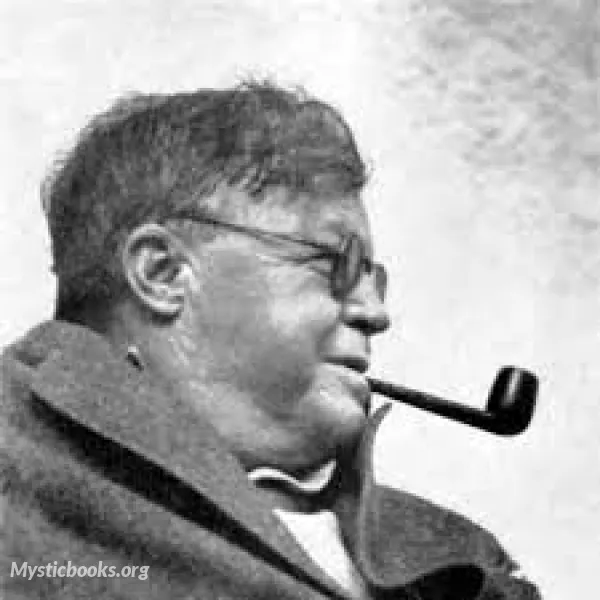
Timeline
Title
Country/Nationality
Owen Davis
Owen Davis ( January 29, 1874 – October 14, 1956) was an American playwright, theater critic, and screenwriter. He was one of the most successful playwrights of his era, and his work was praised for its wit, realism, and social commentary.
Who was he?
Owen Davis was born in New York City in 1874. He was the son of a playwright and actor, and he began writing plays at an early age. Davis attended Yale University, where he studied English and drama.
What were his principles?
Davis's principles were based on the belief in the power of theater to entertain and educate. He believed that plays should reflect the realities of life, and he often tackled controversial topics in his work. Davis was also a strong advocate for social justice, and he used his plays to promote equality and understanding.
What was he famous for?
Davis is famous for his plays, which include Icebound (1923), The Detour (1929), and The Man Who Came to Dinner (1939). Icebound won the Pulitzer Prize for Drama in 1923, and it was made into a successful film in 1930. The Detour was also a critical and commercial success, and it was adapted into a film in 1945. The Man Who Came to Dinner is a classic comedy about a famous playwright who crashes the wedding of a couple he doesn't know. The play was made into a film in 1942 and a television series in 1967.
Notable Works
- Icebound (1923): A drama about a family in crisis
- The Detour (1929): A comedy about a couple who take a wrong turn on their honeymoon
- The Man Who Came to Dinner (1939): A comedy about a famous playwright who crashes a wedding
- The Virgin Man (1934): A drama about a man who is falsely accused of rape
- The Great Man (1937): A drama about a politician who is forced to make a difficult decision
Philosophy
Davis's philosophy was based on the belief in the power of theater to entertain and educate. He believed that plays should reflect the realities of life, and he often tackled controversial topics in his work. Davis was also a strong advocate for social justice, and he used his plays to promote equality and understanding.
Death and Legacy
Davis died in New York City in 1956. He is remembered as one of the most successful playwrights of his era, and his work continues to be performed and studied by people all over the world.
How is he remembered?
Davis is remembered as one of the most successful playwrights of his era, and his work continues to be performed and studied by people all over the world. His plays are still relevant today, and they continue to entertain and enlighten audiences.
Davis's work has been praised for its wit, realism, and social commentary. He was a master of dialogue, and his characters are believable and relatable. Davis was also a gifted storyteller, and his plays are full of suspense and excitement.
Davis's legacy is one of a talented and successful playwright who used his work to entertain and educate audiences. His plays continue to be performed and studied today, and they continue to offer insights into the human condition.
Books by Owen Davis

Sketches of Gotham
Dive into the intriguing world of "Sketches of Gotham" by Owen Davis, where the vibrant streets of New York City come to life through vivid storytelling. In this captivating collection of sketches, Davis transports you to the heart of Gotham, unveili...